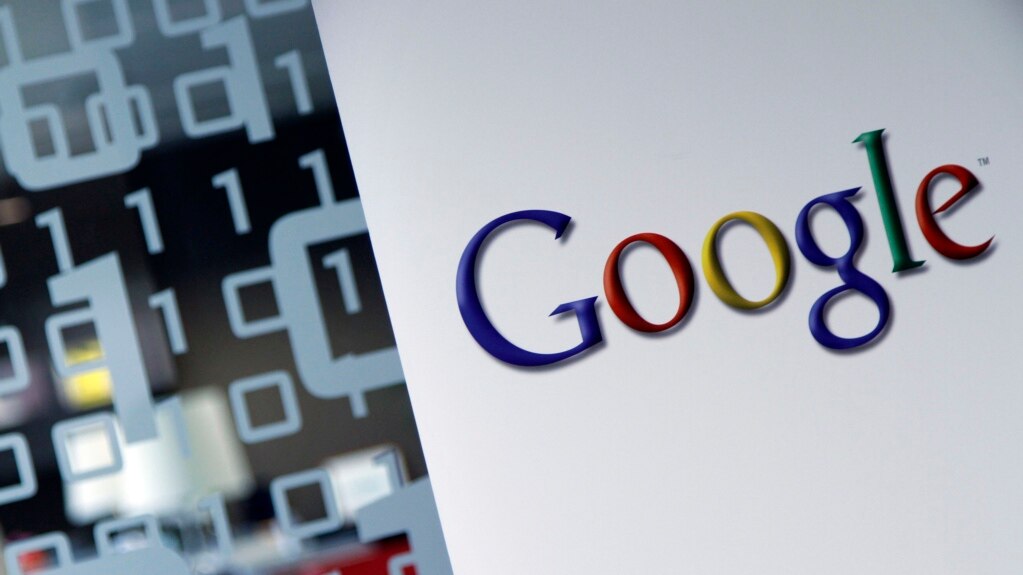The past year marked the rise of ChatGPT and other artificial intelligence (AI) tools. But here is a look back at some of the other noteworthy technology stories we covered in 2023.
Google, Apple face major legal challenges
Both Apple and Google faced lawsuits accusing them of carrying out unfair business methods linked to their app stores. The cases might cost the companies billions of dollars and change the way similar app stores do business.
A decision in the Google case was reached earlier this month when an American jury found Google’s app store operates as an illegal monopoly. The case was brought by video game company Epic Games.
One of the main questions in the case was whether Google had the right to require app developers to use Google’s app store’s payment systems. The jury ruled Google’s monopoly covered both its app selling system and payment processing within the app. Google condemned the decision and appealed the ruling.
Epic brought a similar lawsuit against iPhone maker Apple that was decided in April. In that case, a judge in California mostly sided with Apple. But the judge did order Apple to permit developers to add their own links to process payments within iPhone apps.
EV battery technology and production
The worldwide demand for electric vehicle (EV) batteries continues to grow. But supplies of the materials used to make them are limited. Currently, China controls most mining and processing of a group of 17 metals known as rare earths.
One of the main materials used to produce the batteries is lithium, a light metal substance. Other necessary materials include the metallic elements cobalt, manganese and nickel. Even though some of the minerals are mined in nations outside China, Chinese companies still hold ownership over the operations.
In an effort to avoid a dependence on Chinese controlled materials, the United States and other countries are seeking to mine and process more materials at home.
In February, U.S. President Joe Biden announced federal assistance programs to help companies mine and process lithium and other rare metals. Similar efforts were announced in other countries, including Britain and Germany.
In addition, major automakers said they were seeking new EV engine designs that are less dependent on rare earth minerals. EV market leader Tesla said it plans to remove rare earths from its next-generation EVs. Other automakers said they are in the process of researching or developing EV motors that use little or no rare earth minerals. These include General Motors, Jaguar Land Rover, and BMW.
Robotic developments
We covered several developments involving robotic systems.
A team of American researchers announced it had built a human-like robot that can play soccer at a high level. The robot, named ARTEMIS, is one of only a few humanoid robots that can run. It also can walk and jump on different kinds of surfaces without losing its balance. The robot also can kick a ball and remain standing even when kicked or hit, the team said.
In Germany, many companies – large and small – turned to robots to fill jobs as the country faced a severe labor shortage. The International Federation of Robotics estimated that about 26,000 robotic machines were put into use in Germany last year. Experts say increasing robotic operations are a sign that robots have become easier to use, with no special skills required.
However, the risks of using machines in the workplace were demonstrated in South Korea, where an industrial robot crushed a worker to death at a vegetable processing center. Police said the victim was an employee of a company that deploys industrial robots to businesses.
NASA even tested a snake-like explorer designed to search for signs of life in hard-to-reach places. The American space agency said the robot is equipped to move in ways that traditional explorer vehicles, called rovers, cannot. In the future, NASA plans to send the robot to space to search for signs of life in an underground ocean on Saturn’s moon Enceladus.
I’m Bryan Lynn.

